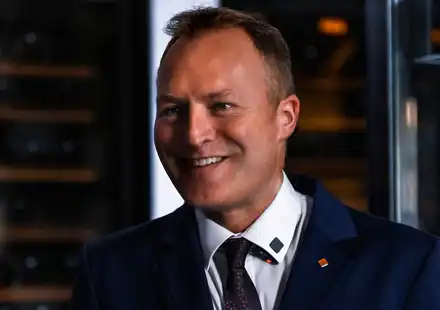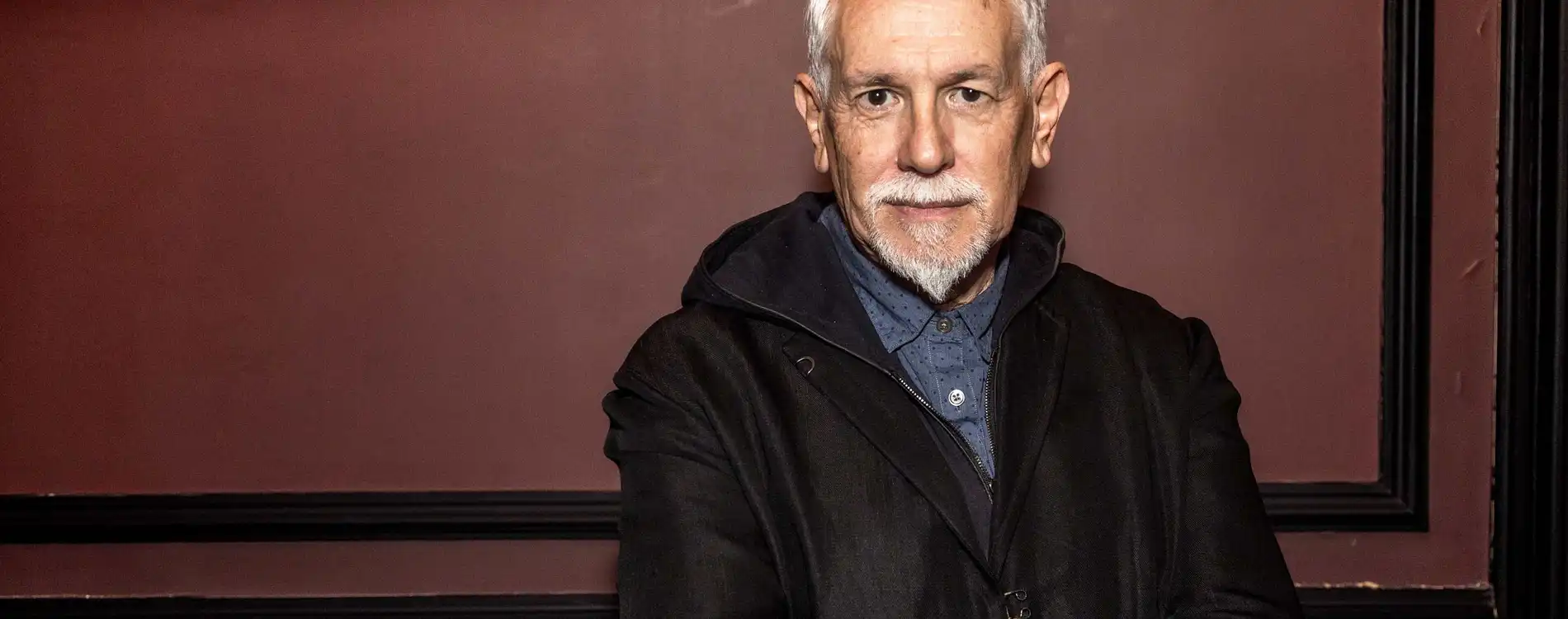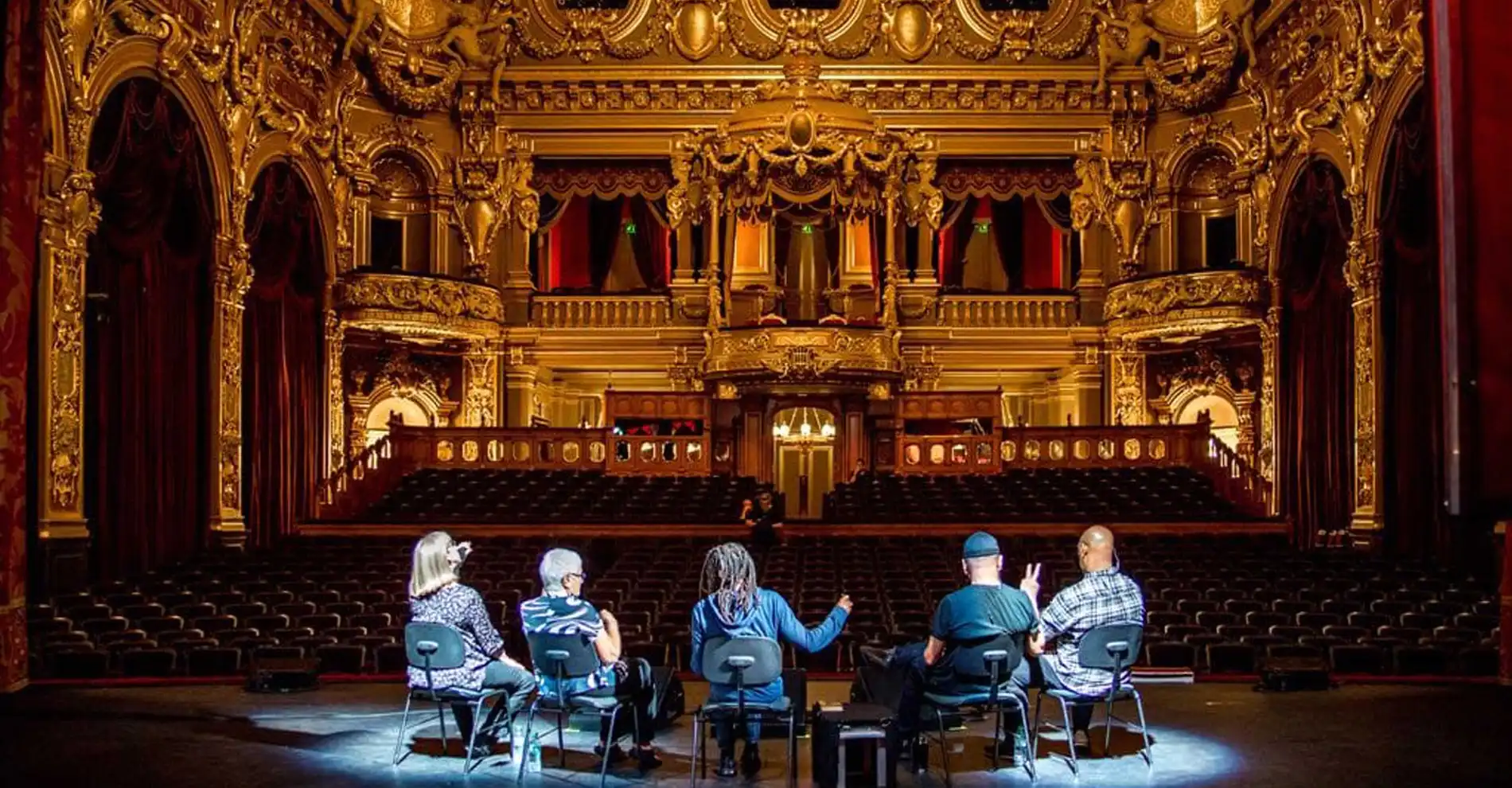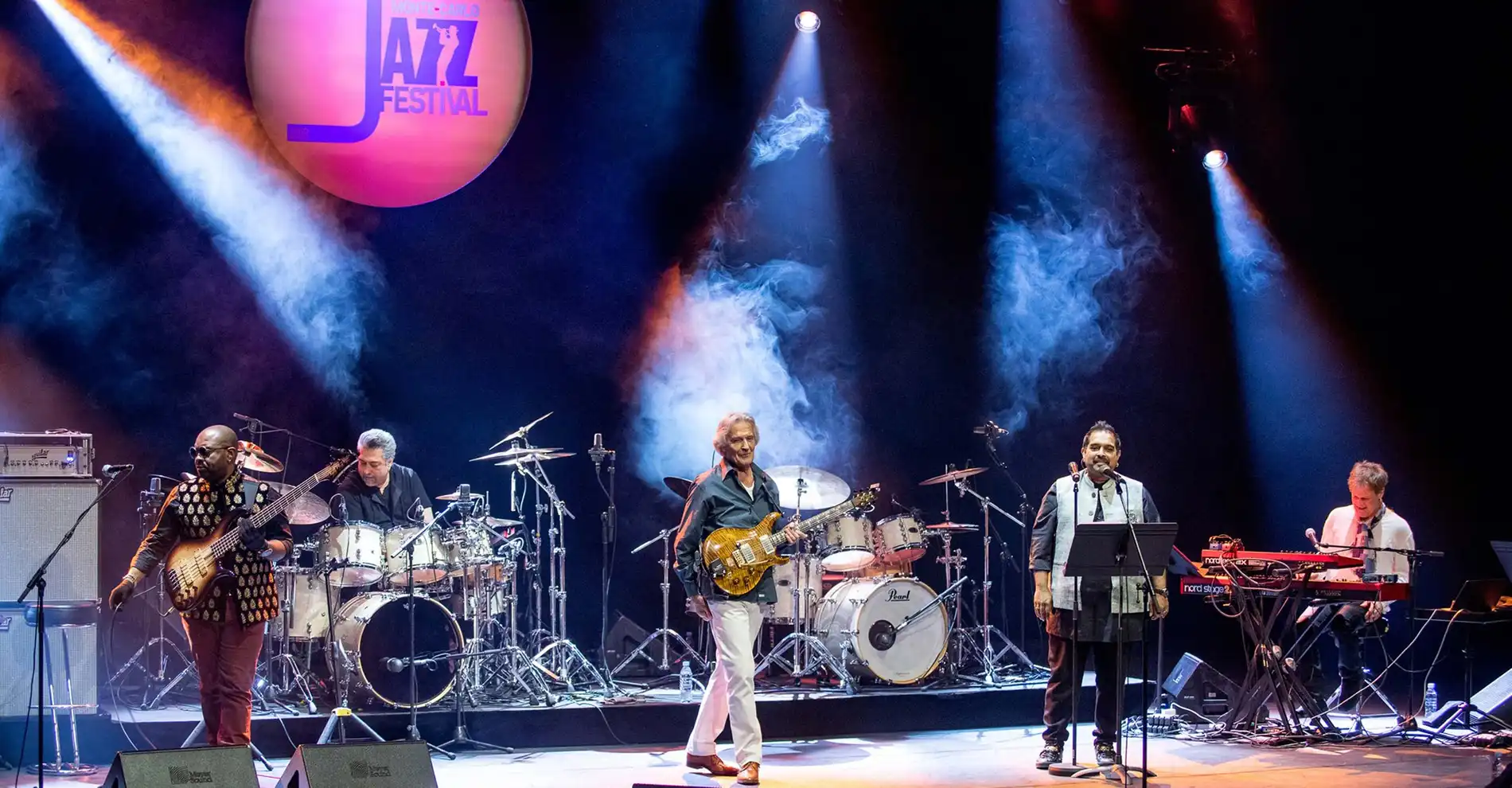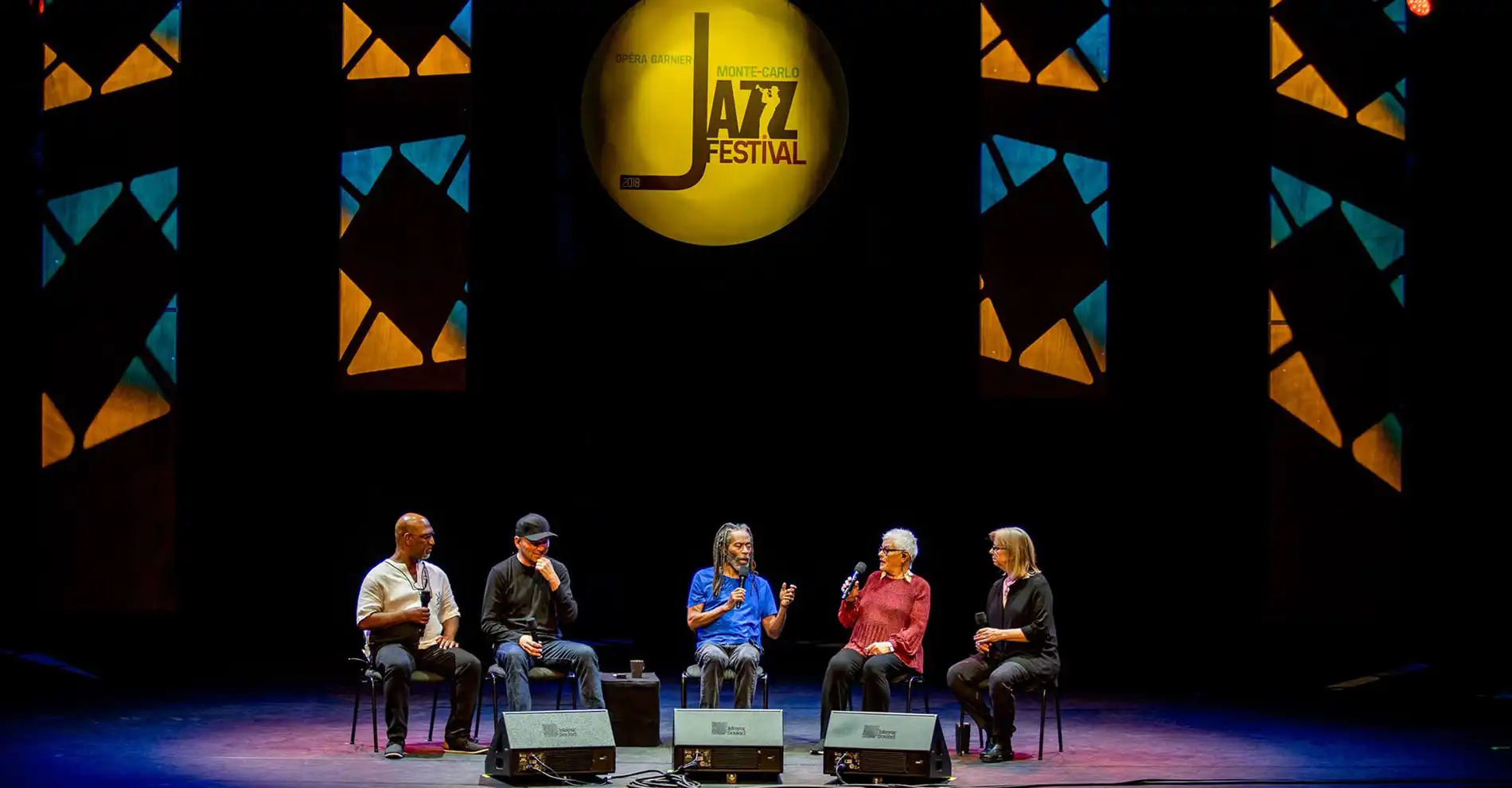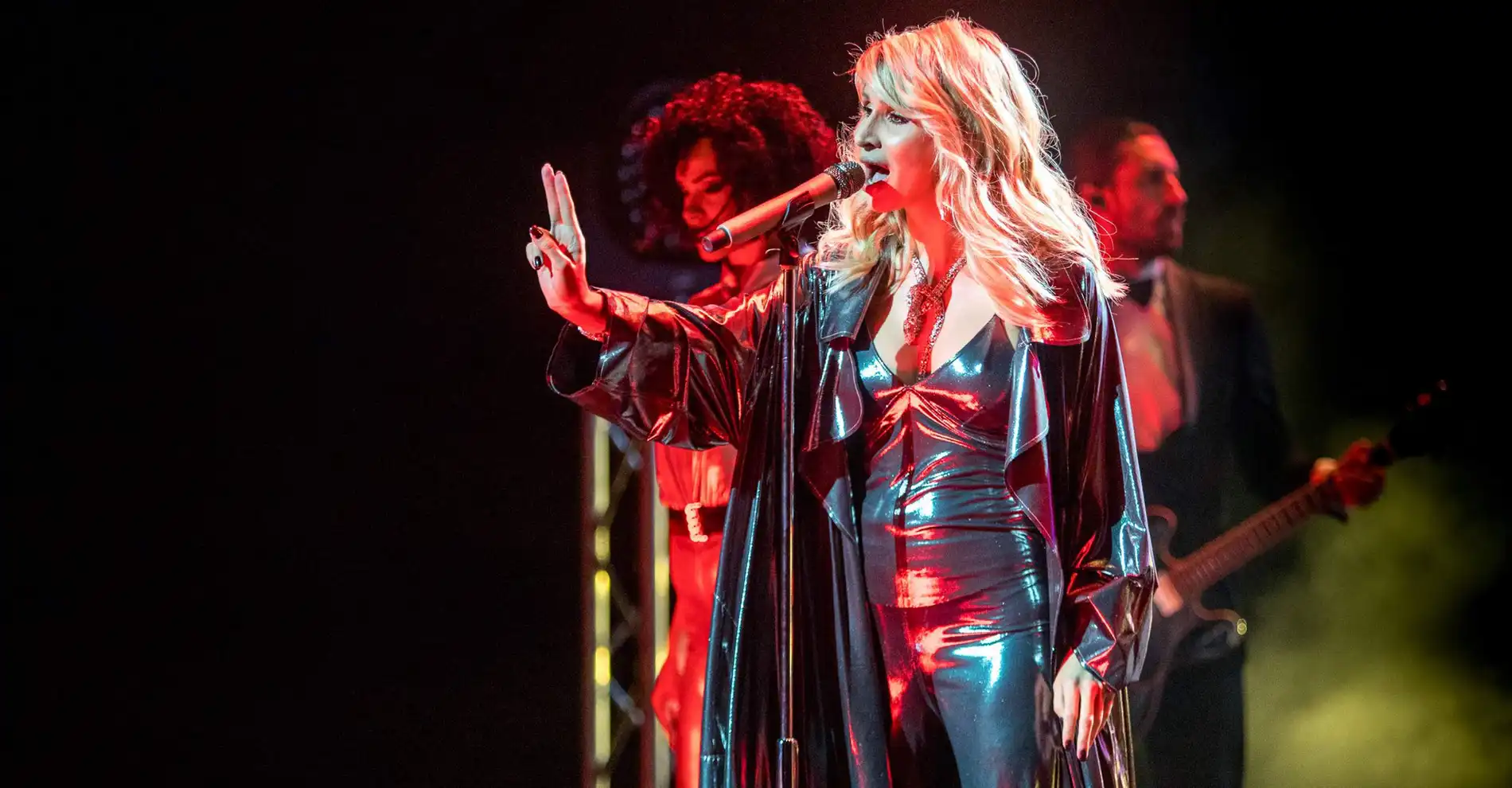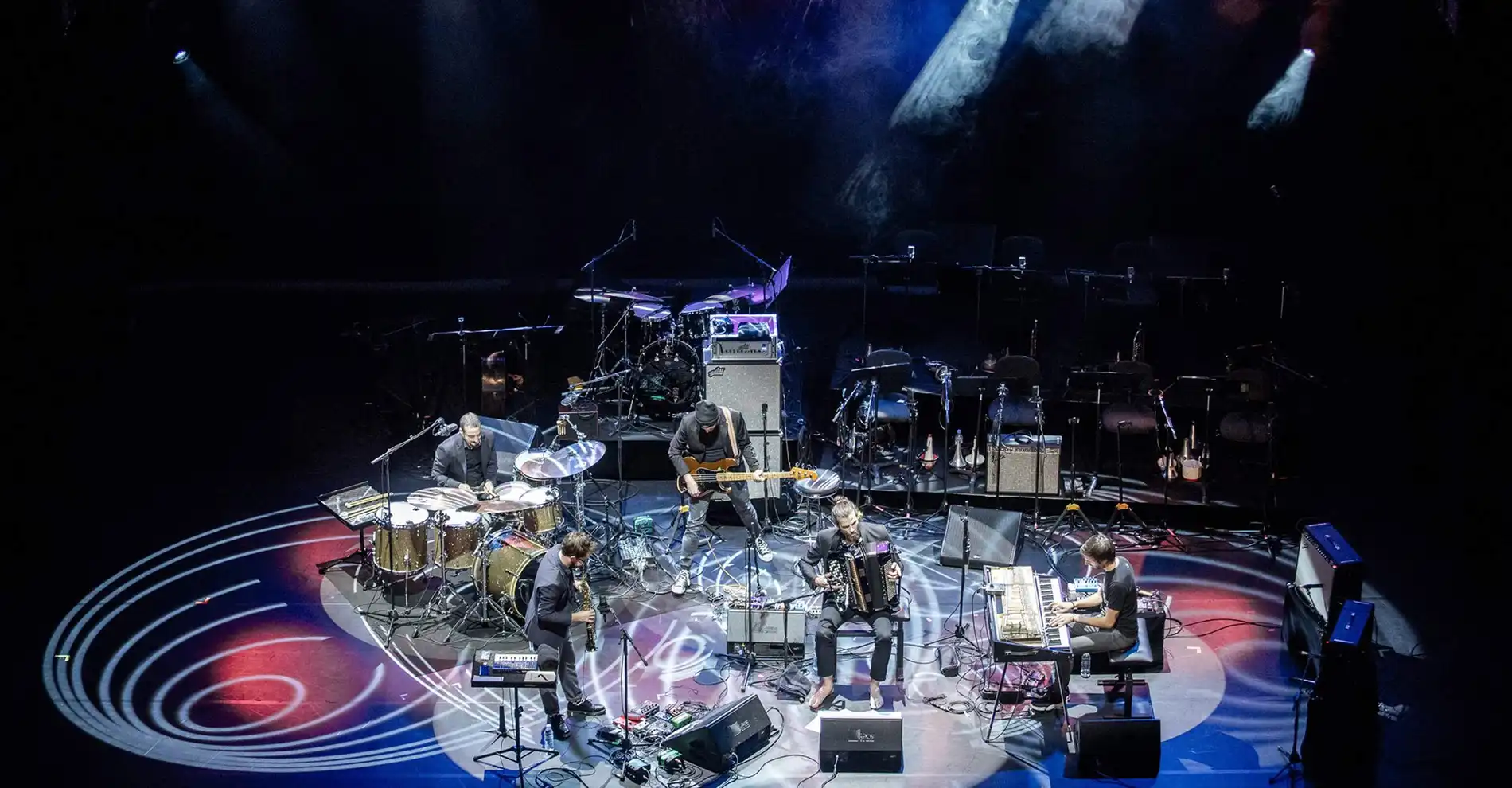Published on November 30, 2018Updated on June 19, 2023
Jean-René Palacio, who arrived in Monaco almost 20 years ago, has been the Artistic Director of the Monte-Carlo Société des Bains de Mer Group since 2001, left us on 25 May 2021.
Jean-René Palacio is the man who introduced jazz to the Opéra de Monte-Carlo by creating the Monte-Carlo Jazz Festival in 2006. With the 13th edition recently drawing to a close, this music lover, who was brought up listening to the Rolling Stones before being introduced to the blue note, continues to defend “his” jazz. A jazz that is free, welcoming and dynamic. Interview.
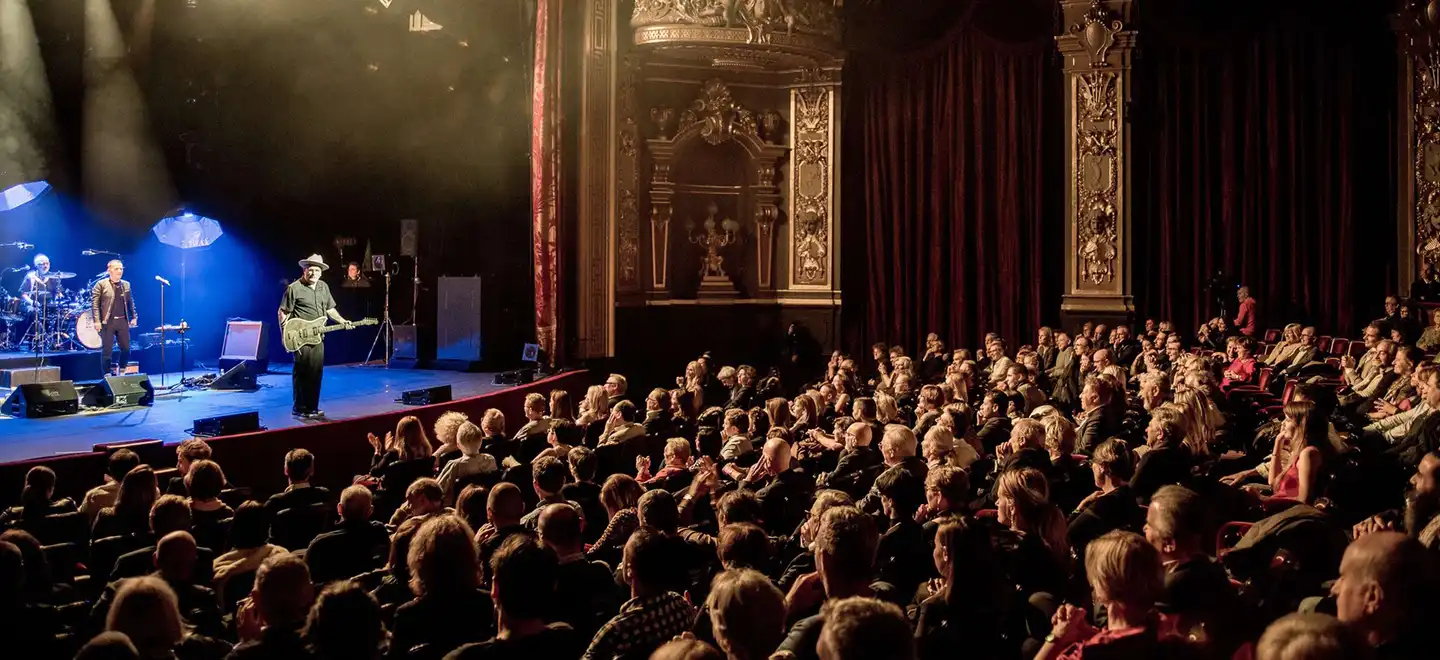
Was working in music a foregone conclusion for you?
Jean-René Palacio: If it wasn’t a foregone conclusion, it was certainly a goal. I was educated at the Institute of Political Studies in Lyon and my future was moving more towards public administration! (laughs) But as the great Charles (Aznavour) used to say, “I'm talking about a time...” when there was no established educational path for entering the artistic world. It was more spontaneous, and I was passionate about it.
When was the first time you were moved by music?
J-R.P: I was 16 when I ran away to go and see Chicago. I was lucky enough to experience an incredible musical period with Santana, the Stones, Pink Floyd, Led Zeppelin, etc. It was also at this time that I discovered African-American music, particularly jazz. The jazz of Miles Davis, Chet Baker, and others.
How was it that you came to Monaco?
J-R.P: Coming to work in the Principality was a both a challenge and a dream come true. It was an opportunity that I never expected. Moving closer to the Mediterranean was also something that was important for me. As a “pied noir” of Spanish origin, I found my roots there.
Why did you want to bring jazz to the Principality?
J-R.P: It was here long before me! Frank Sinatra came in 1958, with Quincy Jones and his orchestra. Then Stan Getz, André Ceccarelli and the cream of French jazz, who performed alongside Aimé Barelli, the conductor for the Monte-Carlo Sporting Summer Festival. I just wanted to continue to write this great story of jazz in the Principality, but also to provide an autumnal music offering, in addition to the summer program that is already very rich. This is how the Monte Carlo Jazz Festival was born.
Do you remember the first editions of the festival and the public's reaction?
J-R.P: I remember my first press conference very well. They asked me: “Jazz in the Salle Garnier? Are you quite sure? In a place dedicated to culture?" But all we were doing was following the lead of Norman Granz, the American who, by creating Jazz at the Philharmonic in 1944, was the first person to introduce jazz in prestigious venues. Despite the doubts, we persisted... and we did the right thing, given the subsequent success.
What are your best memories of the Monte-Carlo Jazz Festival?
J-R.P: All the Salle Garnier concerts have been exceptional, but we've been lucky to host artists of the caliber of Sonny Rollins, Herbie Hancock, Wayne Shorter or Roy Hargrove, who unfortunately passed away quite recently. He first came to the Monte-Carlo Sporting Summer Festival with Shirley Horn before returning to play with the Philharmonic Orchestra at the Garnier in 2010, alongside Marcus Miller. I also remember Prince’s amazing performance in 2006!
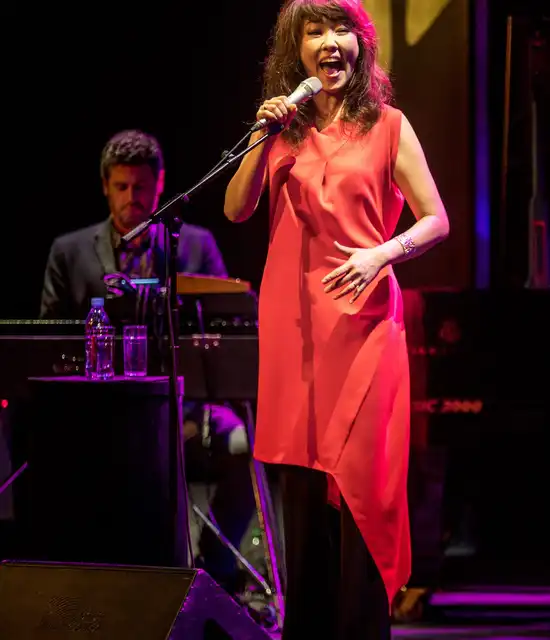
What is the strength and identity of the Monte-Carlo Jazz Festival?
J-R.P: It’s a place of creativity, discoveries and encounters. Such as the one between Marcus Miller and Selah Sue this year. It’s being able to listen to Wayne Shorter in 2016 and Youn Sun Nah in 2018 and seeing the passion for jazz being passed on from generation to generation. It’s seeing big stars such as Bobby McFerrin and John McLaughlin who came to celebrate the 2018 edition. It’s also about defiance, breaking away from tradition, scheduling artists outside the usual scope of the festival such as, this year, Benjamin Biolay, Boy George and the classical pianist Denis Matsuev. And there was a tribute concert to New Orleans that brought together Sanseverino and Hugh Coltman. The Monte-Carlo Jazz Festival is a great melting pot, just like jazz music itself, welcoming and open to all. The festival has become a highlight of the Principality's calendar and I’m very proud of it.
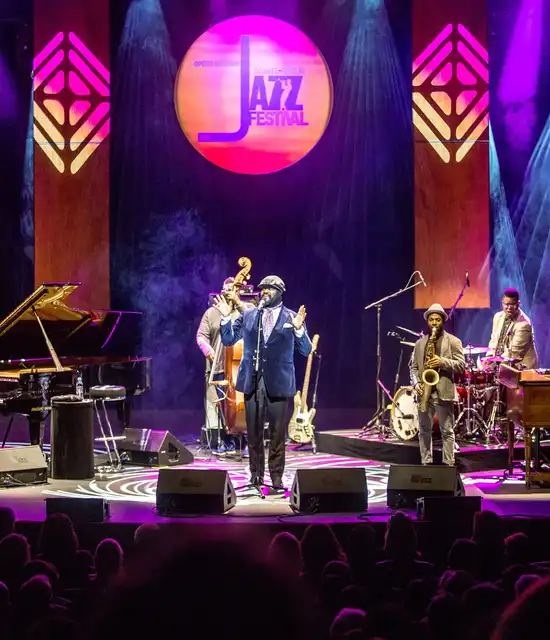
You might also like…
Pierre Boulez: Celebrating 100 years of modern music in Printemps des Arts Monte-Carlo
For this new edition ahead of the classical music festival, Bruno Mantovani explores the music of this visionary composer, conductor and teacher.
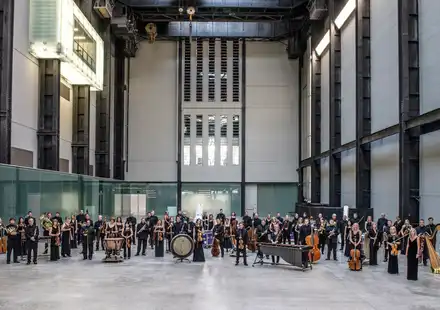
Belle Époque by Bon Entendeur curates the Maona Monte-Carlo’s playlists
Our new summer destination, Maona Monte-Carlo, prepares to reinvent the light and carefree times of the Dolce Vita of the 1960s Riviera. Bon Entendeur came to soak up its glamorous and deliciously retro atmosphere and prepare elegant and fun bespoke playlists for the summer nights.
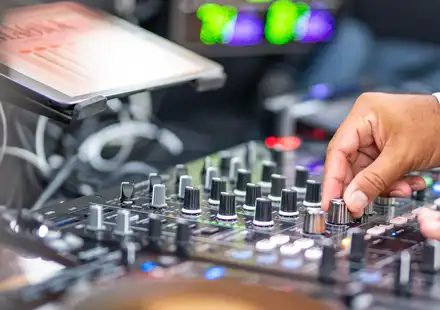
Interview with Gérard Veyrat de Lachenal, 'Mr Wine’ at the Monte-Carlo Bay Hotel & Resort
Discover our interview with the famous head sommelier of the Blue Bay, the gastronomic restaurant of the Monte-Carlo Bay Hotel & Resort in Monaco.
